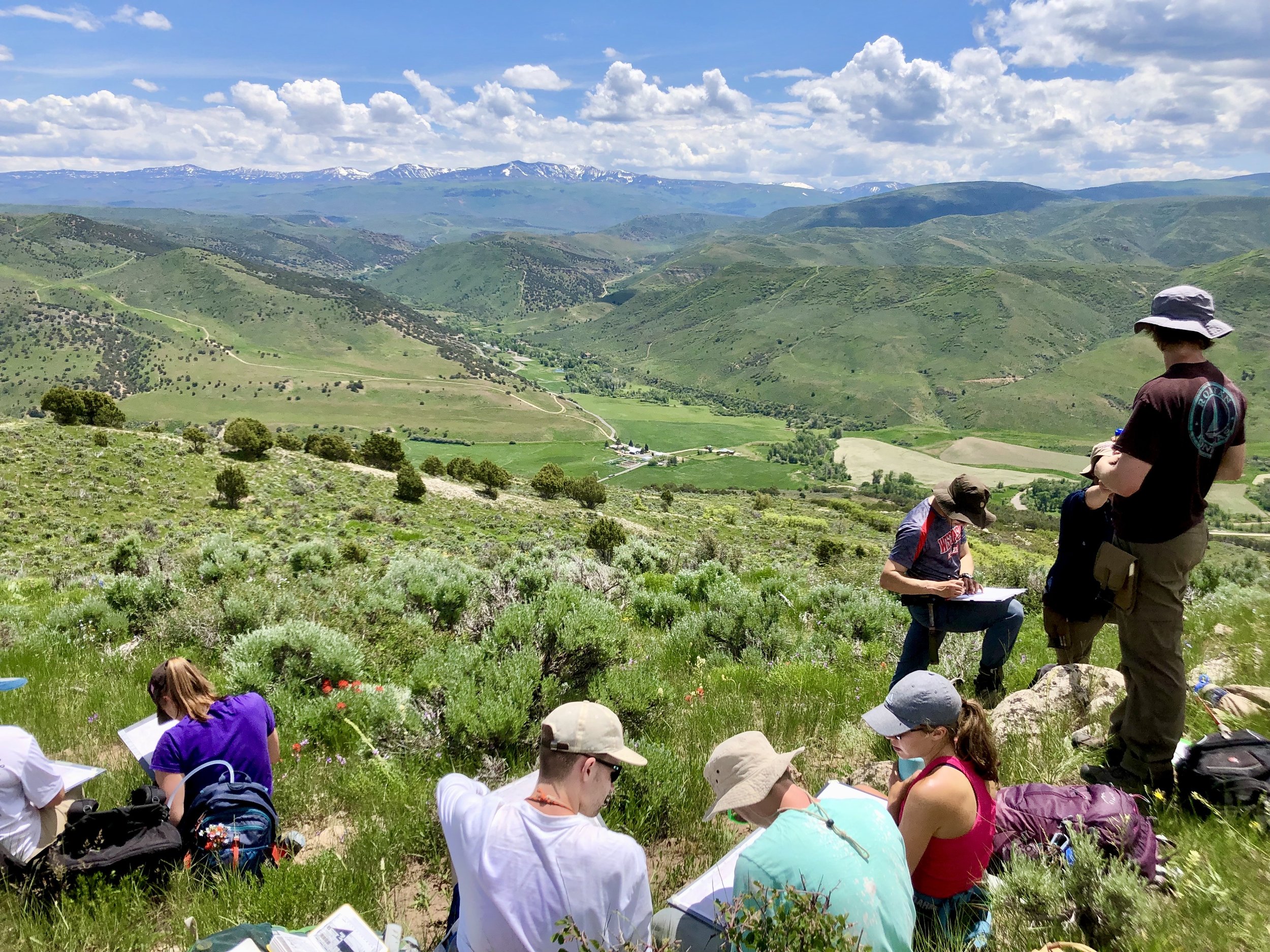
Pre-Camp Checklist: What To Do Before Arriving at Camp
“Victory awaits those who have everything in order… luck’ people call it.
Defeat is certain for those who neglected to take the necessary precautions in time...
this is called bad luck.”
– Roald Amundsen, 1927
-

Step 1: COVID Vaccination Required
We strongly urge you to be fully vaccinated against COVID-19 and have received all available boosters BEFORE arriving at camp. Close living & working conditions require herd immunity at camp. Bring you vaccination card – your vaccination status will be verified by staff at he beginning of camp.
-

Step 2 : Schedule a Physical Exam
At your earliest convenience, schedule a physical examination with your primary care physician, campus clinic, or similar. During your visit, explain that you will be active every day, hiking at elevation, and exposed to the full range of environmental conditions. You may wish to bring a copy of the Statement on Health, Safety, & Community Standards.
-

Step 3: Schedule a Dental Checkup
As soon as possible, schedule a routine checkup with your dentist. Minor complaints will be amplified under the stresses of heat, altitude, and hard work at camp. Access to dental care in SLC is exceedingly inconvenient. It is in your best interest to address any issues that require attention in advance.
-

Step 4: Start Exercising NOW
The importance of beginning daily cardiovascular exercise in months before camp cannot be stressed enough. Participants must be ready to handle periods (20 - 60 min) of moderately strenuous exertion at high altitudes (5,000 to 10,000 ft) and reliefs of up to 800 ft (250 m).
-

Step 5: Extra Personal Medications
If you regularly take any prescription medications, we strongly encourage you to work with your primary care physician to obtain enough medication to last you the entire six weeks of camp. If you regularly take difficult to find over-the-counter medications, you may wish to secure extra supplies of these as well.
-

Step 6: Extra Emergency Medications
If you require emergency medications in case of allergic reactions or other medical conditions, please bring extra dosages. If you use an inhaler and do not have a “spacer” (current best practice), please obtain one from your physician. If you carry emergency medications, please download, complete, and carry a Personal Emergency Response Plan with your meds.
-

Step 7: Understand Your Medical Coverage
You are responsible for all medical and dental expenses. Camp does not provide any forms of medical insurance. Please learn about your family plan, how to use it, and carry proof of coverage at all times. If needed, check for plans available through your university or secure a commitment of support from a family member. Note - you may need to pay for services during your visit and seek reimbursement from your insurance carrier.